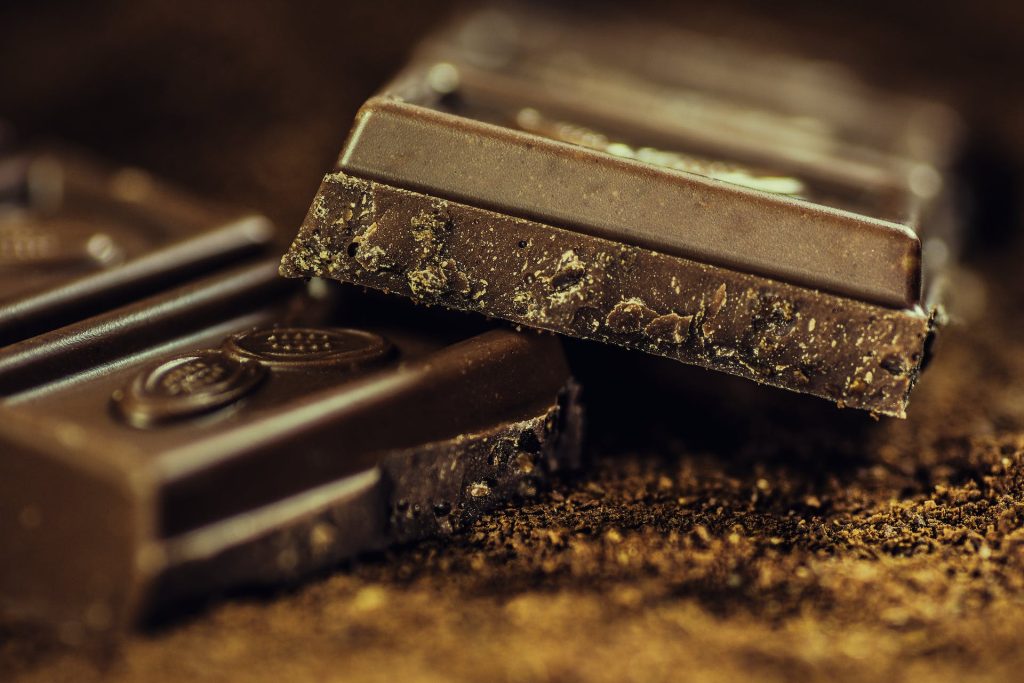
Medically Reviewed by Dr. Lee Hwee Chyen
MBBS MRCP (UK) FAMS (Dermatology)

The skin, the largest organ of the human body, serves as a vital barrier that protects against external factors. The skin’s structure comprises several layers, each requiring specific nutrients to maintain its integrity and function.
By understanding the role of nutrition in skin health and including certain nutrient-rich foods in one’s diet, individuals can support their skin’s health from the inside out.
Fatty fish like salmon, mackerel, and herring contain high levels of omega-3 fatty acids. These omega-3 fatty acids contribute to the skin’s lipid content, aiding in the maintenance of the skin’s barrier function.
This barrier is essential for keeping moisture in and irritants out. Adequate intake of omega-3s can lead to plumper, more hydrated skin, and may even have anti-inflammatory effects.
Additionally, fatty fish are a good source of vitamin E, a potent antioxidant. Vitamin E protects the skin from damage caused by free radicals and inflammation. It also prevents skin damage from UV rays and pollutants.
Avocado is a highly nutritious fruit that is particularly rich in vitamins E and C. Vitamin E is a powerful antioxidant that helps protect the skin from oxidative damage, which can lead to premature skin ageing. Vitamin E in avocados helps combat this damage, aiding in maintaining the skin’s vitality and youthfulness.
Vitamin C plays a role in the creation of collagen, a protein that provides structure and elasticity to the skin. Adequate vitamin C intake can help reduce the appearance of wrinkles and promote a smoother skin texture.
Walnuts are particularly rich in essential fatty acids, which are fats that your body cannot make itself, as well as zinc, antioxidants and vitamin E, making them powerhouses for skin health.
Walnuts are a unique nut as they contain a substantial amount of both anti-inflammatory omega-3 and omega-6 fatty acids. The omega-6 fatty acids in walnuts help reduce inflammation in the body, including in the skin. This may thus be particularly beneficial for inflammatory skin conditions.
Zinc is another nutrient found in walnuts that is essential for the skin to function properly as a barrier. It also plays a role in wound healing and combats both bacteria and inflammation. Insufficient zinc levels can exacerbate skin conditions like inflammation, lesions, and delayed wound healing, especially in individuals with acne-prone skin.

Dark chocolate is rich in cocoa and has a high content of antioxidants, including flavonoids, that help protect the skin from oxidative stress and premature skin ageing.
The flavonoids in dark chocolate can absorb UV radiation, protecting the skin from the damaging effects of sun exposure. Flavonoids in dark chocolate may also improve skin hydration and thickness, making the skin appear more plump and supple. Better hydration helps in reducing the appearance of wrinkles and fine lines.
Consuming dark chocolate can enhance blood flow to the skin. Increased circulation delivers more nutrients and oxygen to the skin, improving complexion and skin health. Enhanced blood flow also aids in skin repair and rejuvenation, contributing to a more youthful appearance.
Additionally, dark chocolate has anti-inflammatory properties which can help reduce redness and swelling associated with various skin conditions such as acne and psoriasis.
Sweet potatoes are loaded with beta-carotene, a natural antioxidant that converts to vitamin A in the body. Vitamin A is crucial for skin health, promoting cell turnover and keeping skin fresh and rejuvenated.
Sweet potatoes are also rich in Vitamins C and E, which are known for their antioxidant properties that protect the skin from harmful free radicals and sun damage.
The high vitamin C content in sweet potatoes also aids in collagen synthesis, which is vital for maintaining skin elasticity and strength.
Bell peppers are an excellent source of vitamin C, which keeps the skin firm and strong. Bell peppers also contain antioxidants like beta-carotene and vitamin E, which protect skin cells from damage caused by the sun, pollution, and environmental toxins.
Soy contains isoflavones, a category of plant compounds that can improve skin photoaging, including wrinkles and pigmentation, as well as boost skin hydration in postmenopausal women.
Isoflavones in soy also have antioxidant properties as they help protect the cells inside your body from damage caused by free radicals and UV rays, promoting skin health.

Green tea is rich in catechins, powerful antioxidants that protect against skin damage due to oxidative stress. The polyphenols in green tea can also help reduce inflammation, which is beneficial in treating certain skin conditions like acne and psoriasis.
Antioxidants in green tea contribute to green tea’s anti-aging properties and can help delay signs of skin ageing such as sun damage, expression lines, and wrinkles.
Broccoli contains essential vitamins like vitamin C, which aids in collagen production, and vitamin E, known for its skin-protecting properties. Broccoli is also high in antioxidants, including lutein, which protects the skin from oxidative damage, potentially reducing dryness and wrinkles.
Additionally, broccoli supports the body’s detoxification processes, which can indirectly benefit skin health by eliminating potential toxins that could harm the skin.
Tomatoes possess a rich content of lycopene, a potent antioxidant that aids in the maintenance of youthful skin by aiding in better skin moisturization, skin texture, skin elasticity, and enhancing skin superficial structure.
Including tomatoes in the diet can be beneficial for individuals with various skin conditions, such as acne and rosacea, due to their anti-inflammatory properties. The antioxidants in tomatoes help in reducing inflammation and redness, promoting a more even skin tone.
It’s important to remember that diet is just a part of an overall effort to maintain good skin health. Adequate hydration, proper skincare routines, protection from environmental factors and even medical treatment, if needed, are also vital in maintaining healthy skin.
Now that teens and young adults are back to school, managing stress, conventional treatments, and advanced options can help treat acne. Read on to learn more about back-to-school skincare tips for acne on our blog.
Sun protection is often an overlooked aspect of skincare but is crucial in preventing skin damage and reducing the risk of skin cancer. Read on to learn more about sun protection measures you can take and why it's important for your skin.
A balanced diet along with the use of nutrient-rich skincare products, can help enhance the skin's resilience and appearance in tropical weather conditions. Read on to learn more about the best skincare tips for tropical weather.